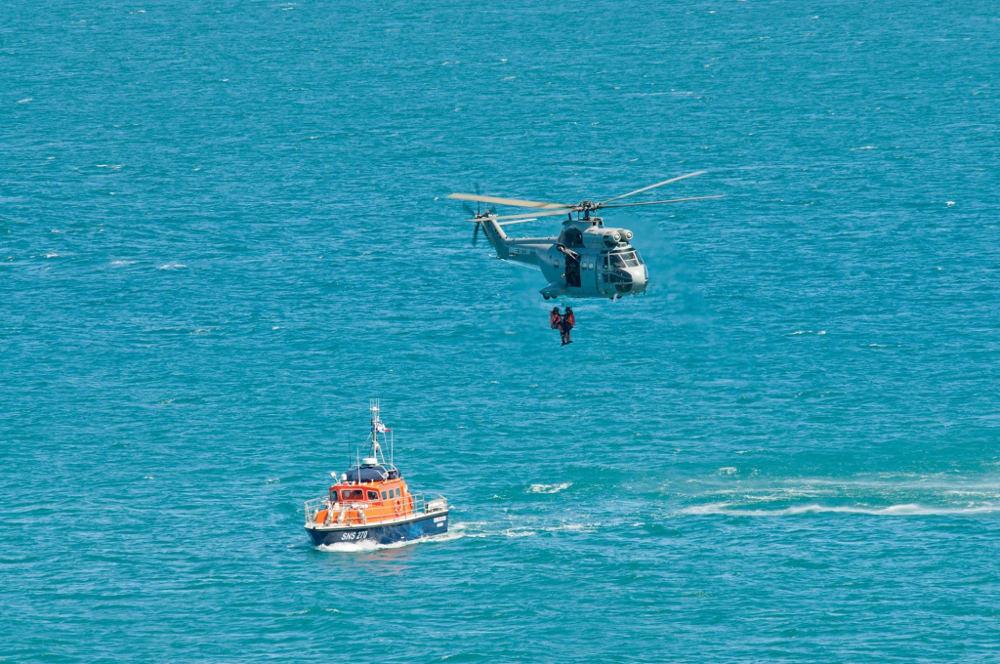The Seventh Pacific Regional Search and Rescue workshop was opened this morning in Auckland.
Jointly organised by the Pacific Community (SPC) and the International Maritime Organization (IMO), and co-hosted by the Government of New Zealand, the objective of the workshop is to provide Pacific SAR coordinators and responders with concepts and tools to improve coordination between national SAR agencies but also to improve regional collaboration through formal protocols and communication ensuring a uniform SAR response throughout the Pacific.
Pacific Island governments continue to be challenged by search and rescue cases, despite ongoing efforts to prevent them.
Between 2015 and early 2017, there were some 680 search and rescue cases reported in Guam, while Papua New Guinea reported 213, Kiribati indicated some 86 cases, Solomon Islands reported 72 and Cook Islands and Tuvalu reported 25 cases.
In his opening address, Director Maritime New Zealand, Keith Manch said “the Pacific’s wild weather and vast distances make it a challenging location for search and rescue. We’re privileged to host this workshop – it’s a key event for building SAR relationships and capability across the region.”
SPC Deputy Director Transport, Thierry Nervale in his keynote address said: “an effective and successful search and rescue operation is always founded on good coordination and cooperation between leading and supporting agencies, at national, regional and international levels.”
“No single agency can effectively deliver search and rescue services. It requires many partners, agencies and volunteers to share a willingness to help and a cooperative spirit,” said Mr Nervale.
“This regional workshop is very vital as it would provide an opportunity for those who have responsibilities in search and rescue, to discuss their common issues and share some best practices on how to resolve them,” says IMO’s Head of the Latin America and Caribbean Section, Technical Cooperation Division, Carlos Salgado.
“The work done at this workshop will improve Pacific SAR responders’ ability to comply with international rules and standards around search and rescue activities,” said Mr Salgado.
The Pacific Search and Rescue (PACSAR) Steering Committee is also seeking participants’ endorsement of their Strategic Plan 2017–2021.
The PACSAR Steering Committee is a collective of search and rescue agencies from five principal nations – Australia, Fiji, France, New Zealand, and the United States of America – that hold responsibility for significant search and rescue regions of the central and south eastern Pacific.
Each of these nations is committed to working with other Pacific Island countries or territories within or neighbouring their areas of responsibility to build SAR response capability.
The workshop has attracted more than 100 participants, including government representatives of seventeen Pacific Island countries and territories and four Pacific Search and Rescue principals (Australian Maritime Safety Authority, Rescue Coordination Centre New Zealand, New Caledonia Maritime Rescue Coordination Centre and the United States Coast Guard).
A highlight on Wednesday (24 May) will be SAR demonstration exercises off Mechanics Bay featuring a sinking boat firing flares, a US Coastguard C-130 Hercules dropping a life raft and an Auckland Rescue Helicopter winching a person from the water.
The Seventh Pacific Regional Search and Rescue Workshop will conclude on Friday 26 May.
Media access: Media representatives are welcome to attend. Media interested in covering the Seventh Pacific Regional Search and Rescue workshop are invited to contact:
Atishma Lal, SPC Project Information Assistant, [email protected] or +679 9338262
Follow the event via #SAR7
Useful link
Workshop agenda and presentations
Other links
